Introduction
In the realm of healthcare, where the well-being of vulnerable individuals is at stake, infection control emerges as a paramount concern. Whether in the context of disability support, aged care work, or homecare jobs, the importance of stringent infection control measures cannot be overstated. In this blog, we will delve into the critical role of infection control in the support and personal care sector, shedding light on the responsibilities of support workers, personal carers, and other professionals who dedicate themselves to ensuring the health and safety of those they serve.
Supporting Individuals with Care and Diligence
Disability support workers, personal carers, and individuals working in aged care and homecare jobs share a common mission: to provide compassionate assistance and support to those in need. This vital role extends beyond physical care to encompass emotional support, companionship, and a commitment to maintaining the individual’s well-being. Central to this mission is the practice of infection control, which forms an essential foundation for providing a safe and nurturing environment.
The Essence of Infection Control
Infection control refers to a set of practices and protocols designed to prevent the spread of infections within healthcare settings, including aged care and homecare environments. This involves implementing strategies to minimize the risk of infections and promoting a clean and hygienic atmosphere. The significance of infection control becomes even more pronounced in contexts where individuals might have compromised immune systems or underlying health conditions, as is often the case with those requiring disability support.
The Spectrum of Support Work
Support work is a multifaceted endeavor that encompasses a range of roles, from disability support workers to personal carers and beyond. Regardless of the specific job title, these professionals play an integral part in the lives of those they serve. They provide assistance with daily tasks, administer medications, offer emotional support, and ensure that the individual’s comfort and dignity are upheld. In the realm of healthcare, support workers are often at the forefront of infection control efforts, safeguarding the health of both themselves and their clients.
Applying Care with Infection Control in Mind
Applying care with infection control in mind is not merely a responsibility; it’s a commitment to the well-being of the individuals under the care of support workers and personal carers. This commitment involves adopting rigorous hygiene practices, including regular handwashing, proper use of personal protective equipment (PPE), and thorough cleaning and disinfection of surfaces. By adhering to these practices, support workers create an environment where the risk of infections is minimized, allowing individuals to thrive in safety.
Infection Control in Aged Care and Homecare
Aged care jobs and homecare jobs place support workers and personal carers in direct contact with individuals who often have unique health needs. In these settings, infection control takes on added significance. The elderly and those with disabilities may be more susceptible to infections, and their health can be adversely affected by even minor illnesses. Therefore, aged care and homecare professionals must implement infection control measures diligently to ensure the highest standards of care and protection.
Empowering Healthcare through Education
Infection control is not a solitary endeavor but a collective responsibility that spans the entire healthcare sector. For support workers, personal carers, and other professionals, education serves as a crucial tool in understanding the principles of infection control. This education equips individuals with the knowledge to recognize potential risks, implement preventive measures, and respond effectively to evolving situations. Institutions that provide training in support work and personal care play a pivotal role in fostering these competencies.
Personal Care: A Holistic Approach
Personal care, a cornerstone of support work, is about more than just meeting physical needs; it’s about fostering holistic well-being. This extends to infection control, where support workers and personal carers ensure that hygiene practices are seamlessly integrated into the care routine. By paying meticulous attention to hygiene, these professionals contribute to the physical health and emotional comfort of the individuals they serve.
Healthcare’s Unsung Heroes: Support Workers and Personal Carers
Support workers and personal carers often operate behind the scenes, providing essential care that may go unnoticed by the broader world. Their dedication, however, is a testament to the profound impact they have on the lives of individuals with disabilities, the elderly, and those in need of homecare. By prioritizing infection control, these unsung heroes become guardians of health, ensuring that the individuals under their care receive the highest standard of protection.
Conclusion
Infection control is not a mere task; it’s a commitment to upholding the well-being of individuals who rely on the support, care, and expertise of disability support workers, personal carers, and other healthcare professionals. Aged care work, homecare jobs, and all forms of support work gain significance when infection control practices are meticulously observed. These practices are a testament to the dedication of those who stand as pillars of strength in the healthcare sector, diligently safeguarding health and fostering a brighter, healthier future for those they serve.



